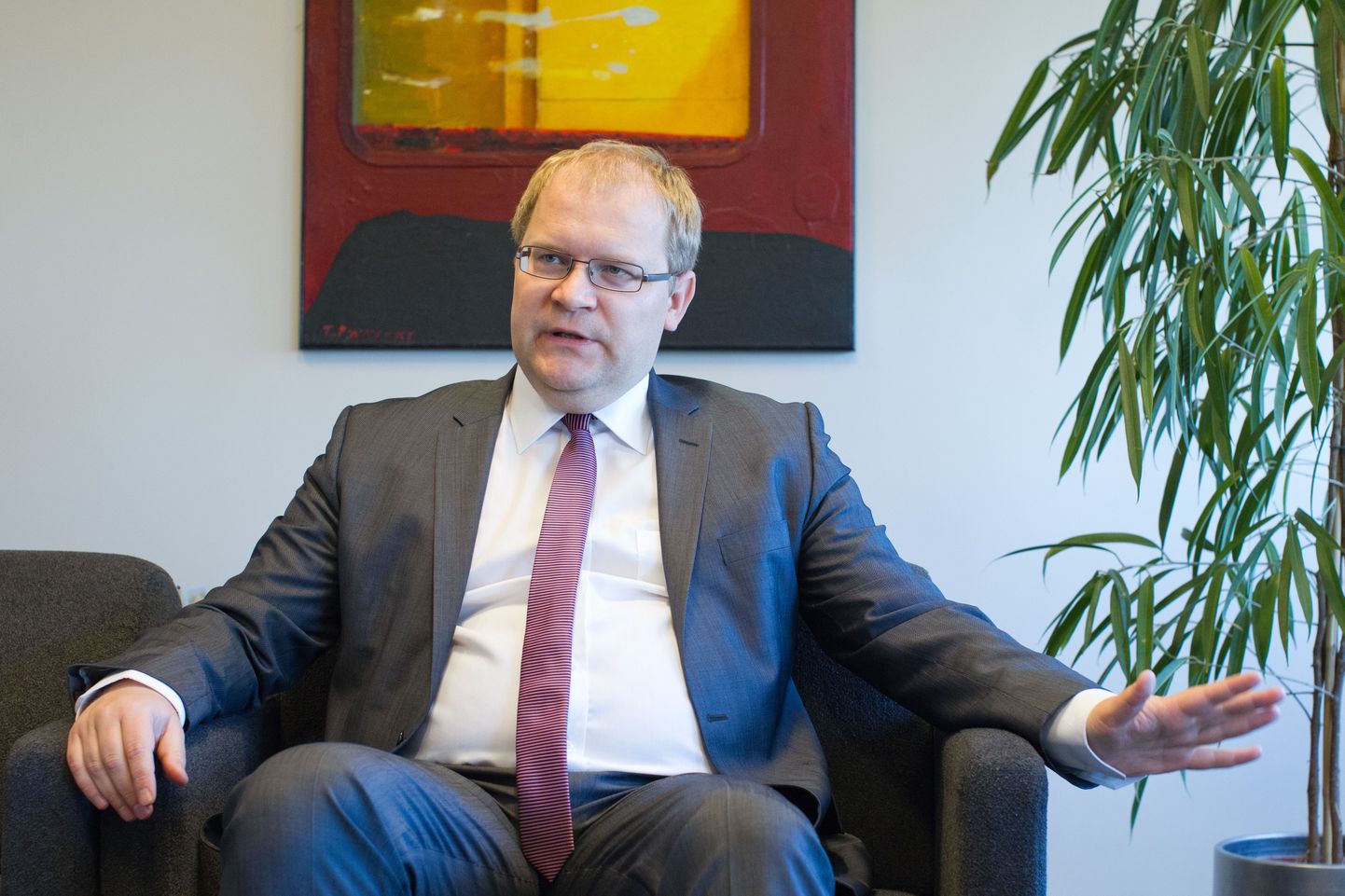
Use of chemical weapons in Syria is totally unacceptable and the international community must react to it in order to avoid it in the future, Estonian Foreign Minister Urmas Paet said.

Use of chemical weapons in Syria is totally unacceptable and the international community must react to it in order to avoid it in the future, Estonian Foreign Minister Urmas Paet said.
Speaking at the human rights and foreign policy conference of the Estonian Foreign Policy Institute on Thursday, Paet emphasized the importance of sharp international attention on the human rights situations in Syria and Egypt, spokespeople for the Foreign Ministry said.
The minister underlined that use of chemical weapons in Syria is absolutely impermissible and the international community has to react to it. «External military intervention is the last resort, but unfortunately diplomatic efforts to make an end of the civil war have led nowhere. Use of chemical weapons requires a response so as to exclude its use in the future,» Paet said. «Lack of respect for human lives is extremely disgraceful.» The two and a half years of the Syrian civil war have claimed more than 100,000 lives, around two million people have fled the country and a third of the population has been forced to leave their homes.
Paet called the situation in Egypt also highly worrying. «There is no justification for killing civilians and the use of excessive force by the security forces in recent weeks,» he said. Paet called on the Egyptian authorities to lift the state of emergency, ensure the rights of peaceful demonstrators and give a fair trial to detainees. Lack of cooperation with international human rights organizations is unacceptable, he added.
The conference was organized to mark Estonia's membership in the UN Human Rights Council in 2013-2015. The themes discussed include Estonia's previous experience and goals as member of the council, the Austrian and Norwegian experiences of blending human rights into foreign policy, and the role of human rights in the relations between the European Union and Russia.